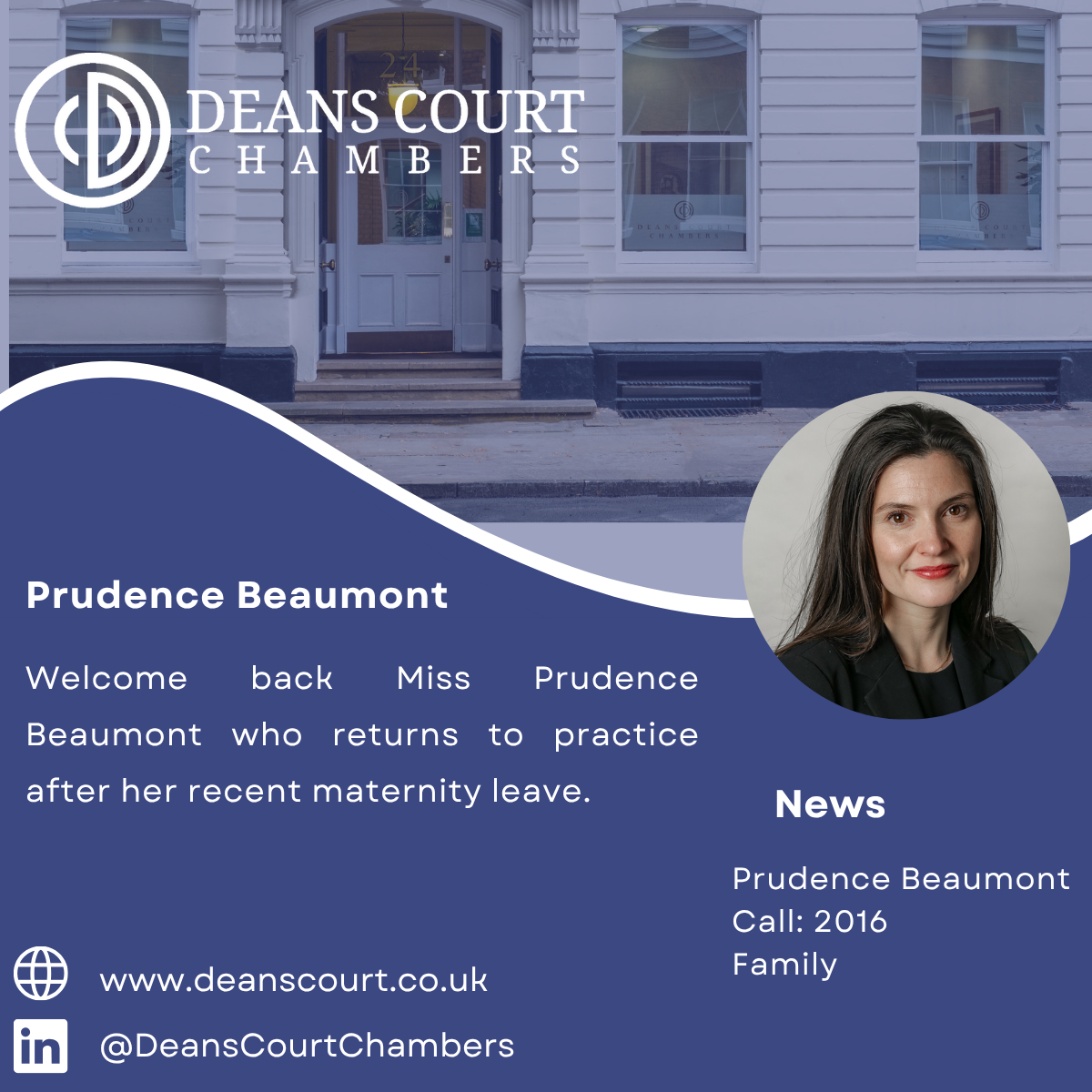Deans Court Barristers appear at the Supreme Court in Landmark Case of Summers -v- Fairclough Homes
Craig Sephton QC and Hugh Davies were instructed to appear in the Supreme Court in a case of considerable importance for personal injury practitioners. Craig and Hugh successfully resisted an appeal by the defendant’s insurers that their client should be deprived of all of his damages on the grounds that he had lied in the presentation of his case.
In Shah v Ul-Haq [2009] EWCA Civ 542, the Court of Appeal held that when a court, having heard the evidence in a personal injury action, concludes that there is a valid claim but that the claimant has been dishonest, the court does not have the power to strike out the claim; it should make findings in the ordinary way. In Summers v Fairclough, the aim of the defendant’s insurers was to persuade the Supreme Court to overturn the decision in Shah.
Shaun Summers fell and sustained a serious fracture to his heel for the consequences of which the defendant was found liable. He served a witness statement and a schedule of loss verified by a statement of truth asserting that he was seriously disabled that he would never work again and claiming over £800,000. The defendant obtained a film demonstrating that he was much more capable than he pretended. The claimant’s advisers made strenuous attempts to settle the case, but the defendant refused to enter negotiations. At trial, the judge was satisfied that Summers had been dishonest in the presentation of his case, but that his lies had fooled nobody. He awarded £90,000. The defendant argued that the claimant was guilty of a serious abuse of process and his claim should be struck out. The court held it was bound by Shah.
The Supreme Court decided that the court does have jurisdiction to strike out a claim at any stage in an action, but this was a Pyrrhic victory for the insurers, because the court held that the power would be exercised at the end of a trial only in “exceptional circumstances” (which it did not define). The court accepted that striking out such a claim was an interference with the rights guaranteed by Article 6 of the ECHR and Article 1 of the First Protocol, and that scrupulous examination of the circumstances was required before a court could conclude that striking out was a proportionate response. The court found it difficult to think of circumstances in which it would be proportionate to strike out a claim so as to deprive a litigant of a right to which the court had held him entitled after a fair trial. An application to strike out at an early stage in proceedings may be a different matter.
The court pointed out that there were effective sanctions against dishonest litigants: making adverse factual findings, costs, committal for contempt.
Insurers can draw some comfort from the approval of a tough line on litigants found to be in contempt of court. The court also approved the use of Calderbank offers to protect the defendant’s position where the Part 36 regime does not provide an adequate remedy for defendants.

Also Recently
-
Student Information Evening - 18th November 2025
Are you considering a career as a barrister? Curious about what life is really like inside chambers? We’re delighted to…
Oct 15
-
Prudence Beaumont returns to practice after her recent maternity leave
We are delighted to welcome Miss Prudence Beaumont back to Chambers following her recent maternity leave.Pru is a specialist family…
Oct 14











